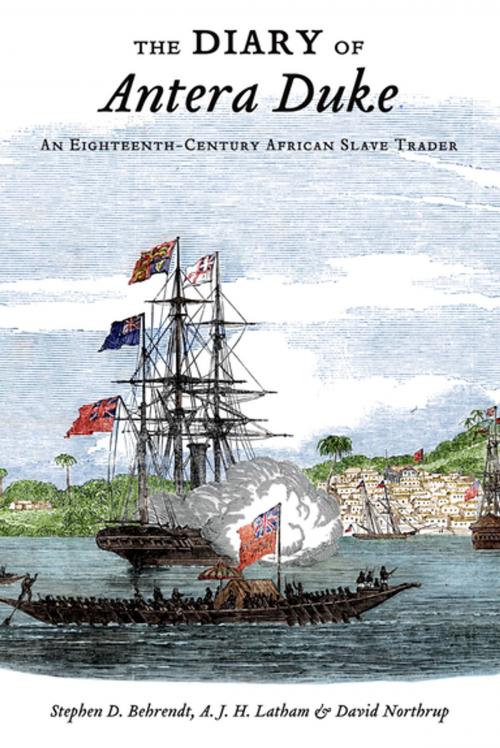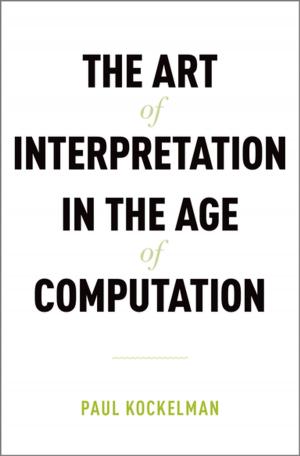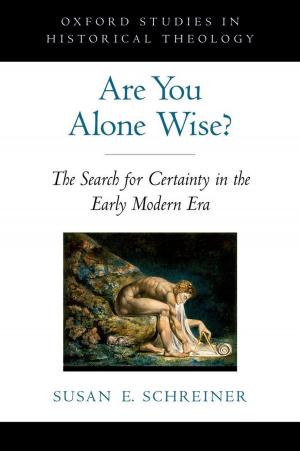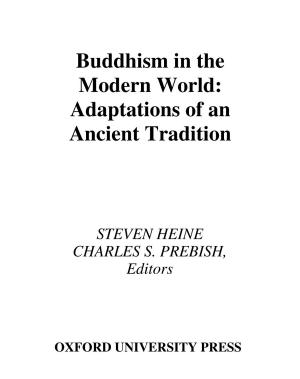| Author: | Stephen D. Behrendt, A.J.H. Latham, David Northrup | ISBN: | 9780199888511 |
| Publisher: | Oxford University Press | Publication: | March 8, 2010 |
| Imprint: | Oxford University Press | Language: | English |
| Author: | Stephen D. Behrendt, A.J.H. Latham, David Northrup |
| ISBN: | 9780199888511 |
| Publisher: | Oxford University Press |
| Publication: | March 8, 2010 |
| Imprint: | Oxford University Press |
| Language: | English |
In his diary, Antera Duke (ca.1735-ca.1809) wrote the only surviving eyewitness account of the slave trade by an African merchant. A leader in late eighteenth-century Old Calabar, a cluster of Efik-speaking communities in the Cross River region, he resided in Duke Town, forty-five miles from the Atlantic Ocean in what is now southeast Nigeria. His diary, written in trade English from 1785 to 1788, is a candid account of daily life in an African community at the height of Calabar's overseas commerce. It provides valuable information on Old Calabar's economic activity both with other African businessmen and with European ship captains who arrived to trade for slaves, produce, and provisions. This new edition of Antera's diary, the first in fifty years, draws on the latest scholarship to place the diary in its historical context. Introductory essays set the stage for the Old Calabar of Antera Duke's lifetime, explore the range of trades, from slaves to produce, in which he rose to prominence, and follow Antera on trading missions across an extensive commercial hinterland. The essays trace the settlement and development of the towns that comprised Old Calabar and survey the community's social and political structure, rivalries among families, sacrifices of slaves, and witchcraft ordeals. This edition reproduces Antera's original trade-English diary with a translation into standard English on facing pages, along with extensive annotation. The Diary of Antera Duke furnishes a uniquely valuable source for the history of precolonial Nigeria and the Atlantic slave trade, and this new edition enriches our understanding of it.
In his diary, Antera Duke (ca.1735-ca.1809) wrote the only surviving eyewitness account of the slave trade by an African merchant. A leader in late eighteenth-century Old Calabar, a cluster of Efik-speaking communities in the Cross River region, he resided in Duke Town, forty-five miles from the Atlantic Ocean in what is now southeast Nigeria. His diary, written in trade English from 1785 to 1788, is a candid account of daily life in an African community at the height of Calabar's overseas commerce. It provides valuable information on Old Calabar's economic activity both with other African businessmen and with European ship captains who arrived to trade for slaves, produce, and provisions. This new edition of Antera's diary, the first in fifty years, draws on the latest scholarship to place the diary in its historical context. Introductory essays set the stage for the Old Calabar of Antera Duke's lifetime, explore the range of trades, from slaves to produce, in which he rose to prominence, and follow Antera on trading missions across an extensive commercial hinterland. The essays trace the settlement and development of the towns that comprised Old Calabar and survey the community's social and political structure, rivalries among families, sacrifices of slaves, and witchcraft ordeals. This edition reproduces Antera's original trade-English diary with a translation into standard English on facing pages, along with extensive annotation. The Diary of Antera Duke furnishes a uniquely valuable source for the history of precolonial Nigeria and the Atlantic slave trade, and this new edition enriches our understanding of it.















